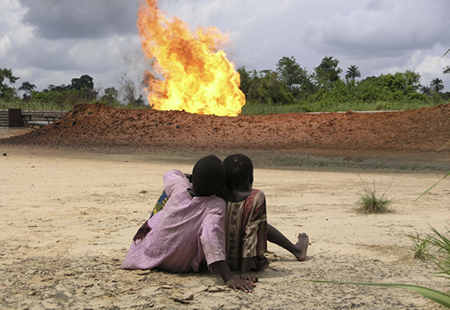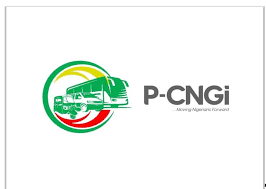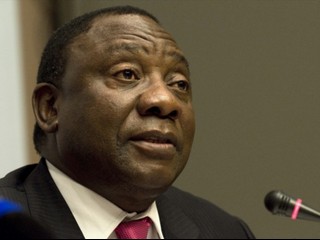
Mkpoikana Udoma
Port Harcourt — The Federal Government has been charged to developed gas infrastructure in the country, in order to curb gas flaring, which contributes to global warming and climate change.
This was part of the issues deliberated during a two-day training workshop on Gender and Climate Change, organised by Kebetkache Women Development and Resource Center, in Port Harcourt.
Guest Speaker and expert, Dr. Kabari Sam, regretted that Nigeria was practicing extreme gas flaring, adding that the component of these gases was contributing to global warming and climate change.
Sam who spoke on Climate Change Crisis said, gas flaring was not likely to end anytime soon, due to the absence of infrastructure to collect the gas and convert it into useful purposes.
“The impact point is the gas flaring. If Nigeria had the infrastructure to collect gasses from artisanal refineries and conventional refineries, it wouldn’t have been a problem. Nigeria is practicing extreme gas flaring and the component of these gases is what is causing global warming and climate change.
“The main reason why artisanal refining or conventional refining is a threat to climate change is because of gas flaring. The development of an infrastructure to capture flared gas, without letting it into the environment and recycle or convert the gas for other things is key.
“Butane can be used for cooking gas, but it’s flared into the environment daily, destroying lives, reducing life expectancy and causing a lot of environmental havoc.”
Sam, who is also a lecturer at the Department of Marine Environment and Pollution Control, Nigeria Maritime Academy, Okerenkoko, urged the government to set up policies and frameworks that would encouraged the private sector to invest in setting up gas infrastructure.
“Sadly they keep moving the goal post to stop gas flaring, from 2020 it has been moved to 2030 now. The possibility of stopping gas flaring seems invincible because we don’t have the infrastructure required to capture and use gas.
“The government does not have the enabling policies to encourage the private sector to convert gases into a usable sources. We should see a blueprint as to how the government will get to that point in the next three years, what plans to achieved.”
Earlier, the Executive Director of Kebetkache Women Development and Resource Center, Ms. Emem Bridget Okon, speaking on Gender and Climate Change action plan, called for the implementation of women’s rights from the grassroots.
Okon explained that the aim of the Gender Action Plan was to get women involved and to influence climate change decisions.
“Women and men should be represented equally in all aspects of Climate Change as a way of increasing effectiveness. Since men and women experience the change differently.
She mentioned that the action plan could be achieved through training of female community health workers on climate change related diseases, especially as it relates to women.
Others are, “Improvement of knowledge on Climate Change at the national and local level; creation, participation of women in sub government groups in drafting of National Climate Change Awareness Strategy Action Plan.
“Awareness campaigns on how understanding and collaboration can be created within States; and conduction of advocacy programs to ensure the commitments and support from relevant stakeholders at national and international levels.”



